Ansible
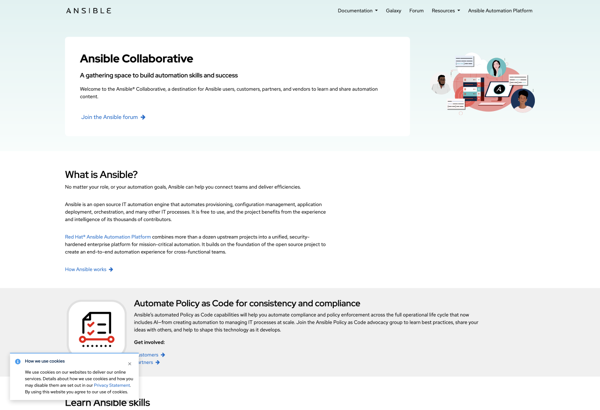
Ansible: Open-Source Automation Tool
Ansible, an open-source automation tool for configuration management, application deployment, and task orchestration. Using a simple, human-readable language, Ansible enables efficient automation of IT infrastructure. It streamlines complex tasks, promotes consistency, and empowers teams to manage infrastructure as code.
What is Ansible?
Ansible, developed by Red Hat, is a powerful and open-source automation tool designed to simplify IT tasks ranging from configuration management to application deployment and task orchestration. Leveraging a simple and human-readable language, Ansible enables users to automate complex workflows, ensuring consistency, efficiency, and scalability across their IT infrastructure. At the heart of Ansible is its agentless architecture. Unlike some automation tools, Ansible doesn't require the installation of agents on managed nodes. Instead, it communicates with nodes through SSH or other protocols, simplifying the setup and reducing potential security concerns. This approach makes Ansible lightweight, easy to deploy, and compatible with a wide range of systems. Ansible uses YAML (YAML Ain't Markup Language) for its playbooks, allowing users to define automation tasks in a format that is both human-readable and machine-parseable. Playbooks describe the desired state of systems and the tasks necessary to achieve that state. This declarative approach to configuration management and automation promotes clarity, reproducibility, and collaboration among team members. Ansible excels in its ability to manage diverse infrastructure, supporting a variety of systems, cloud providers, and network devices. Its modular design allows users to extend functionality by creating custom modules or leveraging existing ones from the Ansible Galaxy community. In addition to configuration management, Ansible's orchestration capabilities enable users to define workflows that span multiple systems and tasks. This makes it a valuable tool for managing complex deployments, rolling updates, and scaling infrastructure. Ansible's open-source nature fosters a vibrant community, contributing to an extensive library of modules and playbooks. This collaborative ecosystem ensures that Ansible remains a flexible and evolving tool that meets the diverse automation needs of IT professionals. In summary, Ansible empowers organizations to manage their infrastructure as code, automating repetitive tasks, promoting consistency, and enhancing overall operational efficiency across on-premises, cloud, and hybrid environments.
Ansible Features
Features
- Agentless architecture
- Uses YAML playbooks to define automation tasks
- Idempotent execution of tasks
- Large library of modules for interacting with different systems
- Push-based model for deploying configuration changes
- Supports parallel execution of tasks
Pricing
- Open Source
Pros
Cons
Official Links
Reviews & Ratings
Login to ReviewThe Best Ansible Alternatives
Top Network & Admin and It Automation and other similar apps like Ansible
Terraform
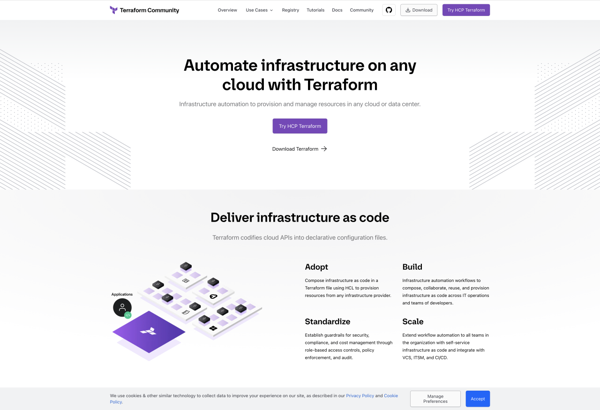
Pulumi
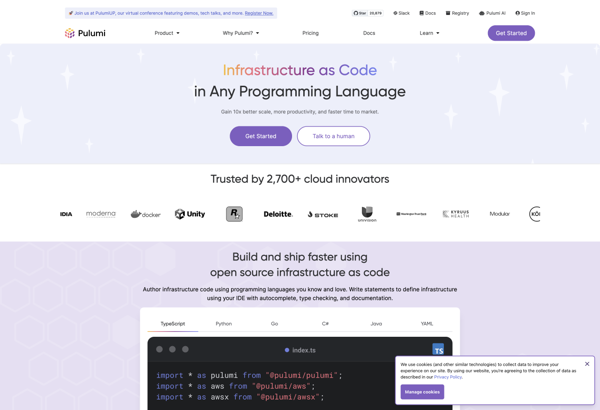
Puppet

RunDeck
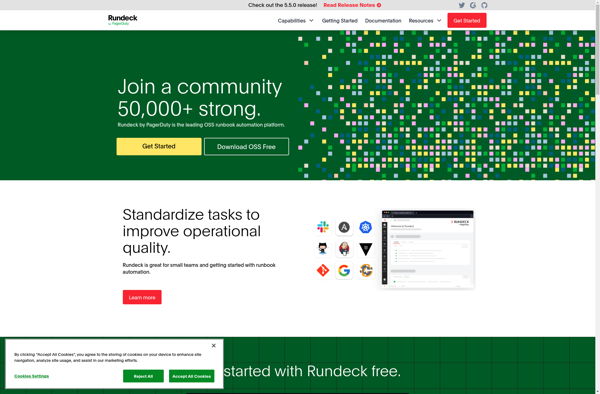
Foreman
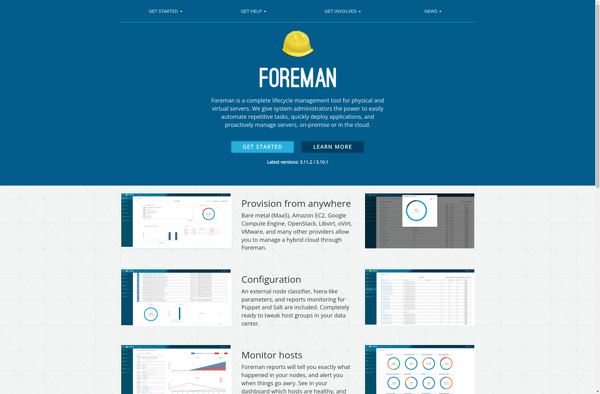
Unimus
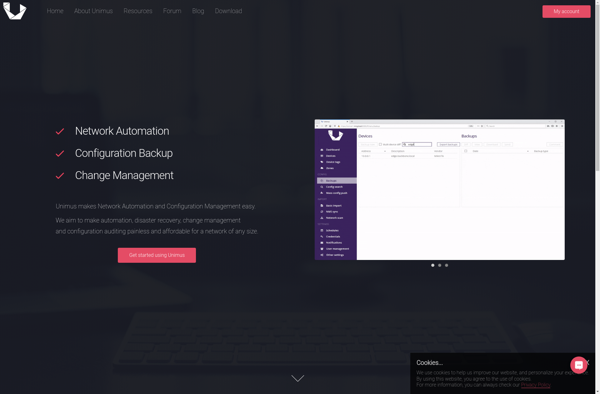
DCImanager
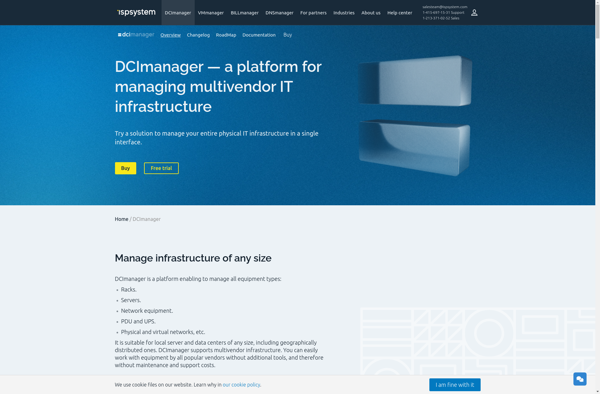
CTO.ai
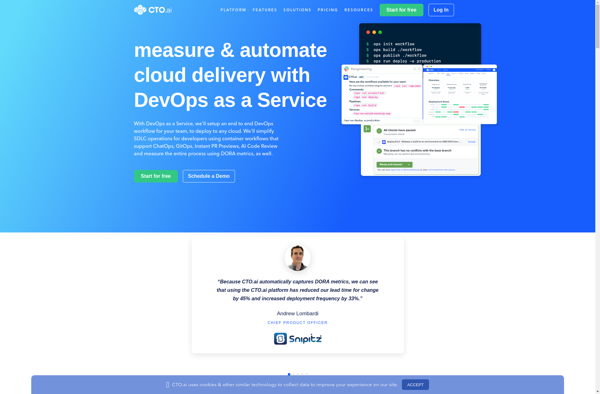
EIP SAM
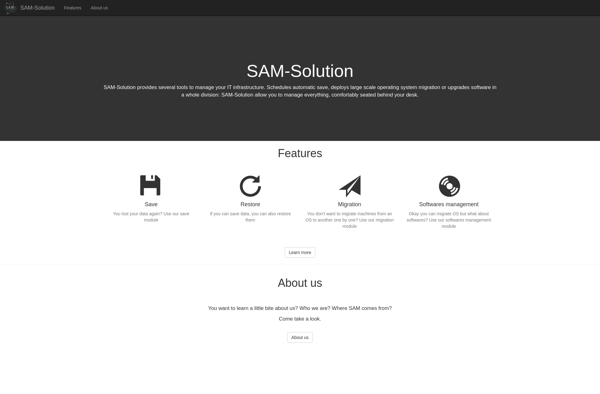
Cfengine
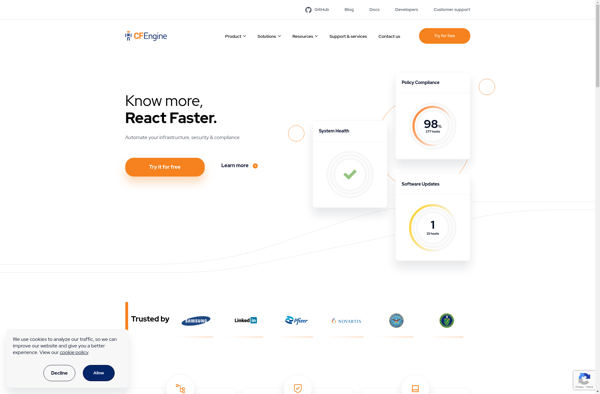
Cobbler
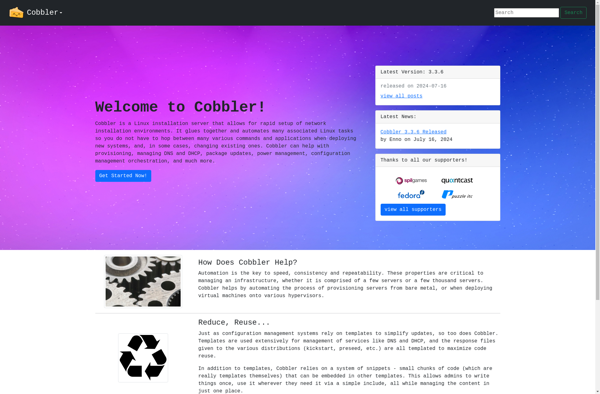
Uyuni
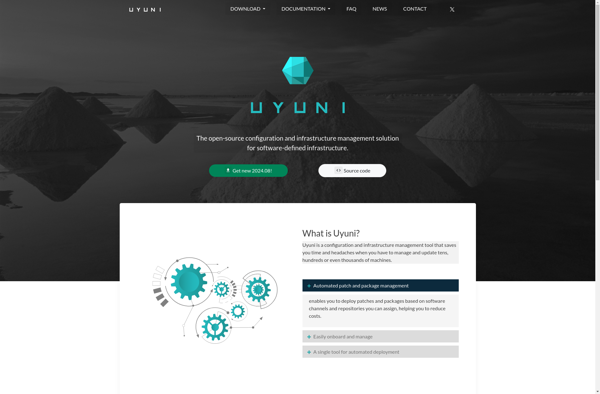
PSSH
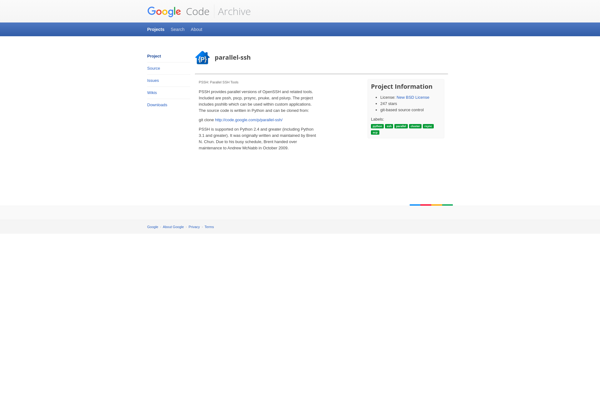
Landscape
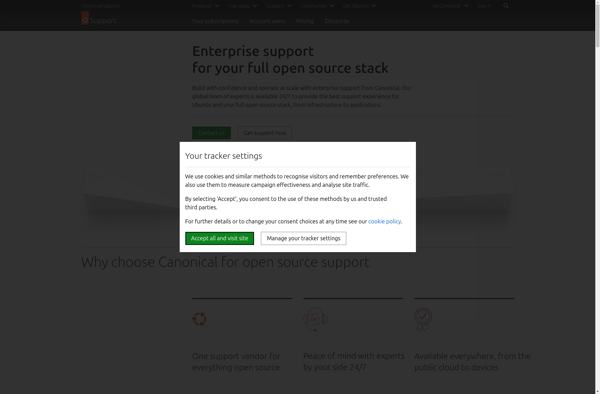
SlickStack
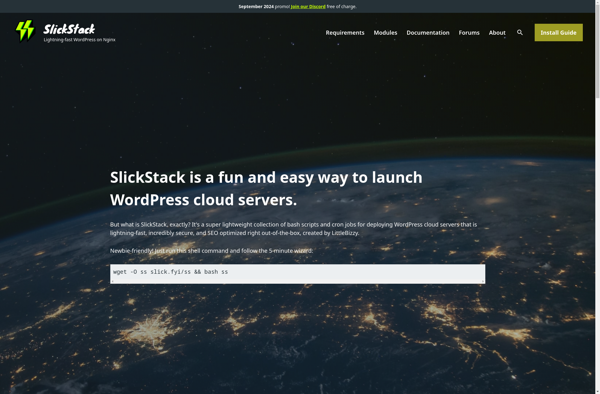
Chezmoi
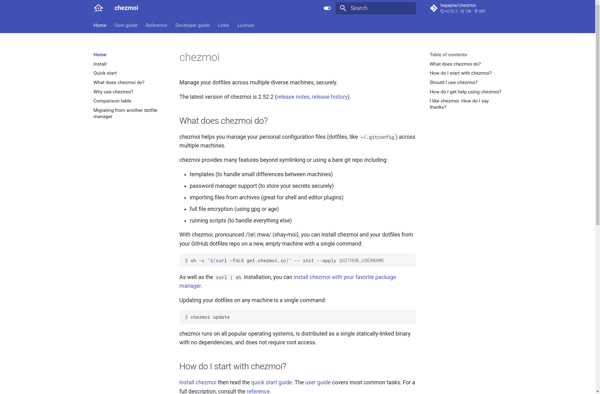
Pyinfra
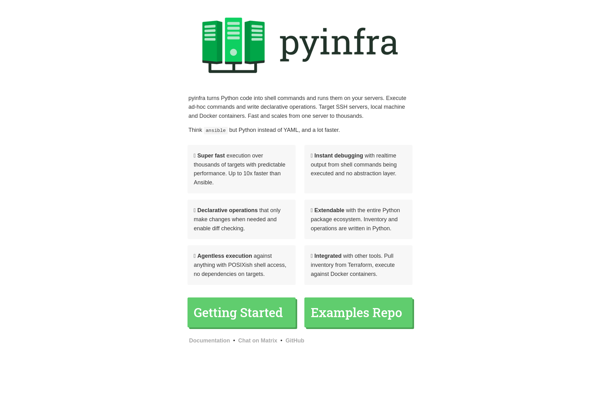
Mgmt
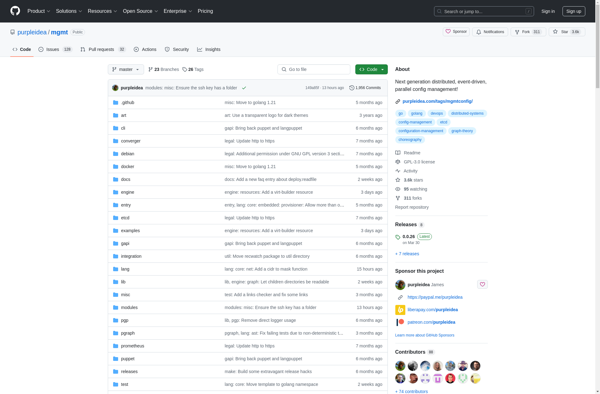
PowerShell DSC
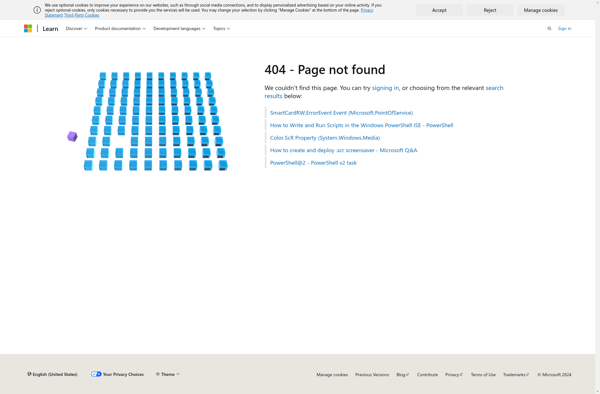
Cdist
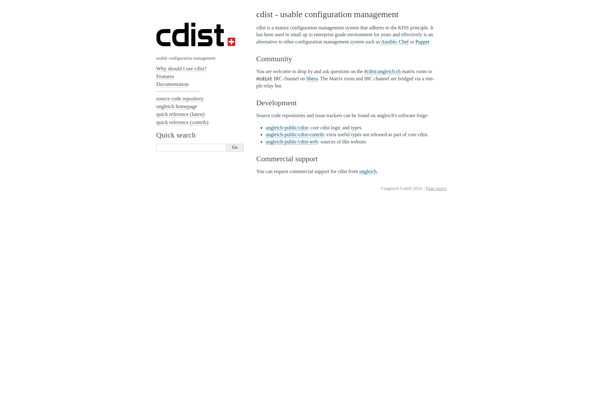
Bcfg2
Commando.io

Crowbar
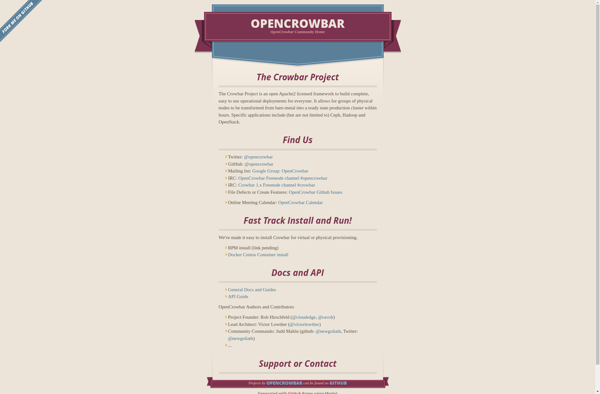
Nix Package Manager
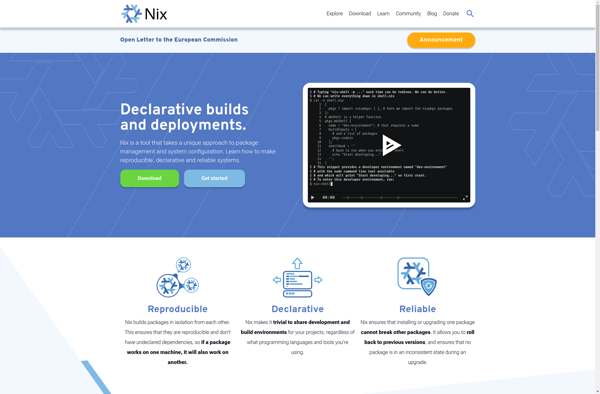
(R)?ex

Sprinkle

Orcaconfig
Distelli

Nlyte Software
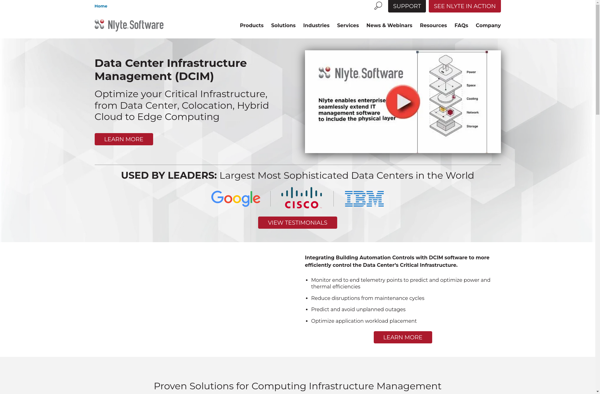
Starsheep

Rdist
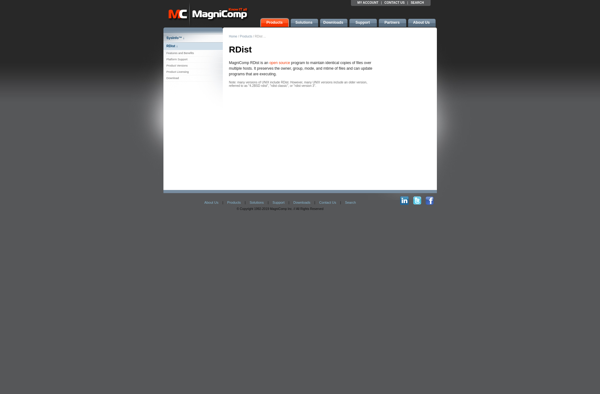
Tstconfig
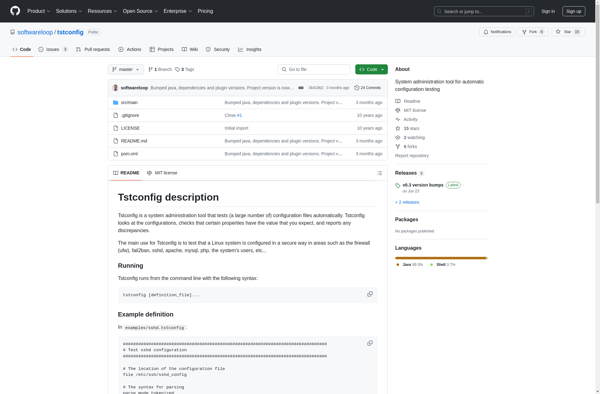
Propellor
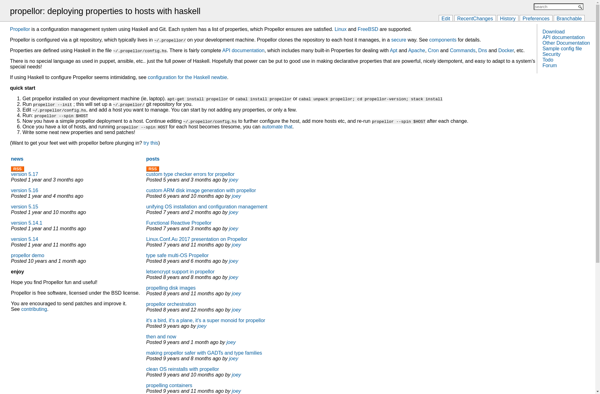
Fleet Commander
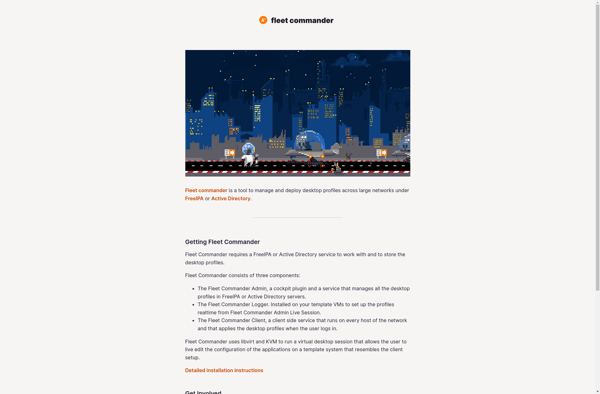
Release Management for Visual Studio

Apstra
